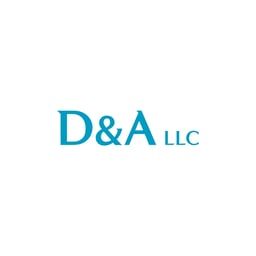Obtained a complete win on behalf of a secondary battery equipment manufacturer in litigation seeking an injunction and damages for patent infringement
On November 19, 2021, Company C, a manufacturer of equipment for secondary batteries, filed a lawsuit against Wonik PNE Co., Ltd. (the “Company”), which operates in the same industry. The counterparty alleged that the Company was infringing its patent for a “secondary battery pouch folding device” (the “Subject Patent”) and sought both an injunction and KRW 3 billion in damages.
Representing the Company, Lee & Ko argued that the true inventor of the Subject Patent is employee A, and that the Subject Patent amounts to an employee invention that rightfully belongs to the Company. On this basis, Lee & Ko argued that the counterparty’s claim of patent infringement constituted an abuse of patent rights, since the Company was the legitimate patentee. The facts showed that employee A completed the invention while still employed by the Company, but did not disclose it to the Company. Instead, A provided the design drawings to another employee, B. After leaving the Company, B filed for and registered the Subject Patent in his own name, and later transferred it to the counterparty, a company he had established. Lee & Ko persuasively argued that, under these circumstances, the counterparty’s assertion of patent infringement was an abuse of rights. As a result, the Company secured a complete victory at the first instance on October 11, 2024.
Although Company C filed an appeal, Lee & Ko, acting on behalf of the Company, initiated a claim against C seeking the transfer of the Subject Patent registration. The courts recognized that the application for the Subject Patent qualified as an “application filed by an unentitled person” and ruled in favor of the Company. The Company secured a complete victory at both the first instance and on appeal before the IP High Court. On June 5, 2025, the Supreme Court dismissed C’s appeal, thereby rendering the final the judgment. Following this decision, C withdrew its own appeal, making the case fully resolved.
Lee & Ko’s IP Practice Group conducted a detailed analysis of the technical features of the Subject Patent, the Company’s technical data, as well as related email communications and messenger records. Based on this review, the team successfully proved that the Subject Patent was not B’s personal invention, but rather an employee invention by A, thereby securing a judgment ordering the transfer of the patent rights. Consequently, C’s claims for an injunction and damages for patent infringement were also dismissed. This case highlights Lee & Ko IP’s outstanding litigation capability, demonstrating how thorough technical examination and rigorous legal analysis can lead to a complete victory for the client.
Lee & Ko - November 13 2025

